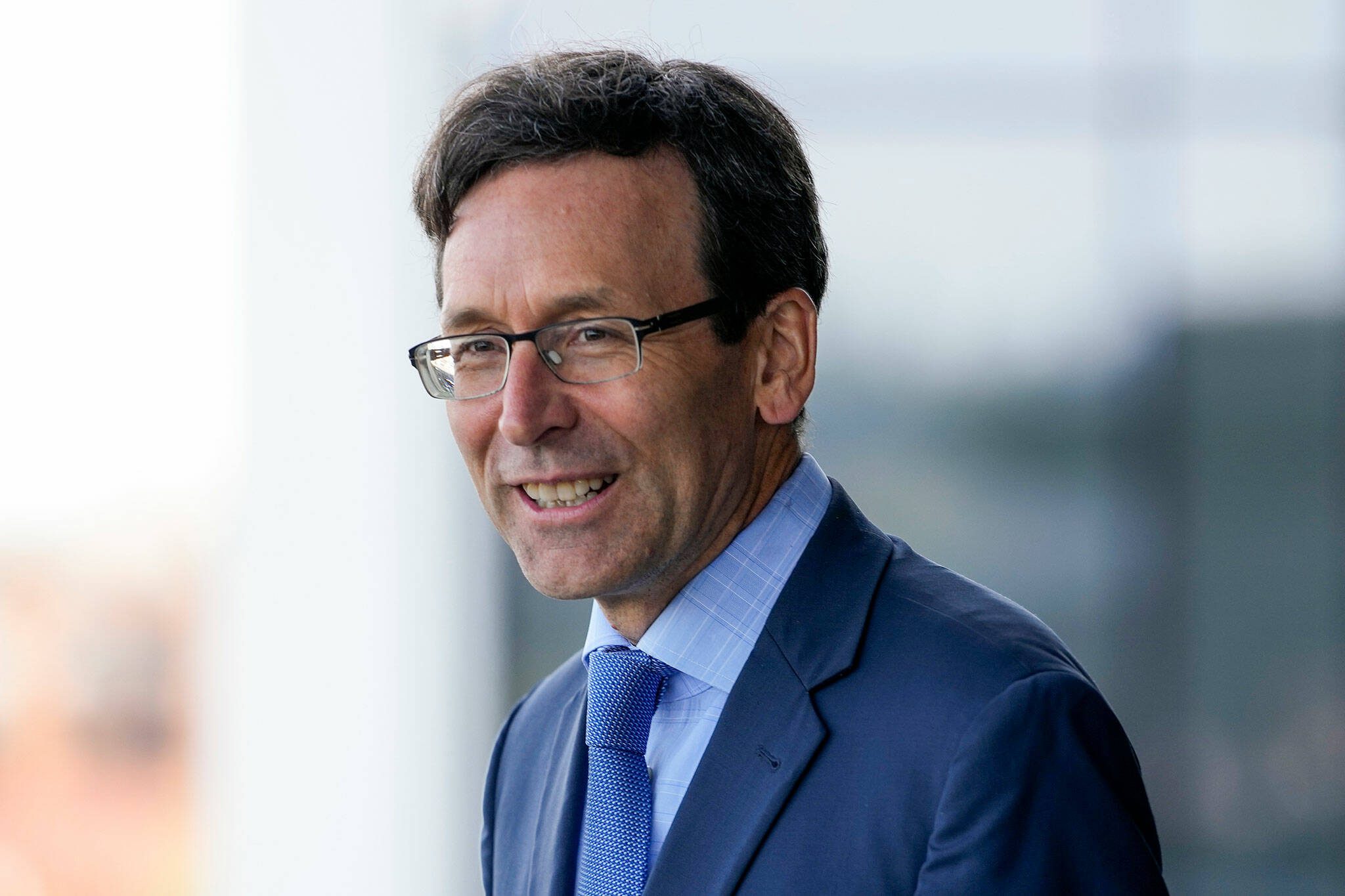By Daisy Zavala Magaña / The Seattle Times
SEATTLE — Washington State Attorney General Bob Ferguson requested that the federal government include three more cities hard hit by a rise in fentanyl overdoses to an initiative aimed at identifying and dismantling drug networks.
Over the last several years, overdoses caused by fentanyl and other synthetic opioids have been on the rise in cities across the country, including Seattle, which is already part of the federal program. Ferguson sent a letter to U.S. Attorney General Merrick Garland to request Everett, Spokane and Yakima be added to Operation Overdrive, an initiative aimed at stopping fentanyl distribution in the state, managed by the federal Drug Enforcement Administration.
If granted, more federal resources would go to beefing up law enforcement efforts focused on high rates of violence and overdoses in those areas.
Ferguson said the additions could have beneficial ripple effects to surrounding communities, given Everett’s proximity to the Interstate 5 corridor, a designated hub for traffickers smuggling in fentanyl.
Ferguson said in a statement that his office has secured more than $1 billion to address the fentanyl epidemic in the state over the next 15 years, emphasizing that the state needs more resources to identify and dismantle the criminal networks responsible for sales of the drug.
Washington had the largest percentage increase reported in drug overdose deaths in all the country from February 2022 to February 2023, Ferguson said, citing federal statistics.
Snohomish, Spokane and Yakima counties recorded higher rates of overdose deaths than the statewide average from 2019 through 2021. In Spokane County, overdoses traced to fentanyl and other synthetic opioids surged from less than 10 in 2019 to 101 overdoses just two years later.
Tribal nations have been affected by a disproportionate number of overdose deaths, particularity in the Spokane and Yakima region.
Fentanyl is getting into Washington through raw ingredients shipped from China, and pills pressed in Mexico then driven up the Interstate 5 corridor, according to court documents.
The $1 billion Ferguson has in hand was retrieved through litigation against opioid distributors.
The state has made financial investments recently in an attempt to address the opioid epidemic.
Legislators allocated a little under $65 million from the opioids payout for treatment in 2023.
Among the appropriations:
* About $18 million to support prevention, treatment and recovery support services.
* About $15 million to tribes and Urban Indian Health programs for opioid and overdose response.
* $5 million to the state Department of Health for its naloxone distribution program and overdose education initiatives.
* $4 million to fund short-term housing vouchers for people with substance use disorders.
In Washington, 125 local governments signed on to receive money from a $518 million resolution from earlier lawsuits. The local governments will decide how to spend the money they receive.
Talk to us
> Give us your news tips.
> Send us a letter to the editor.
> More Herald contact information.

























